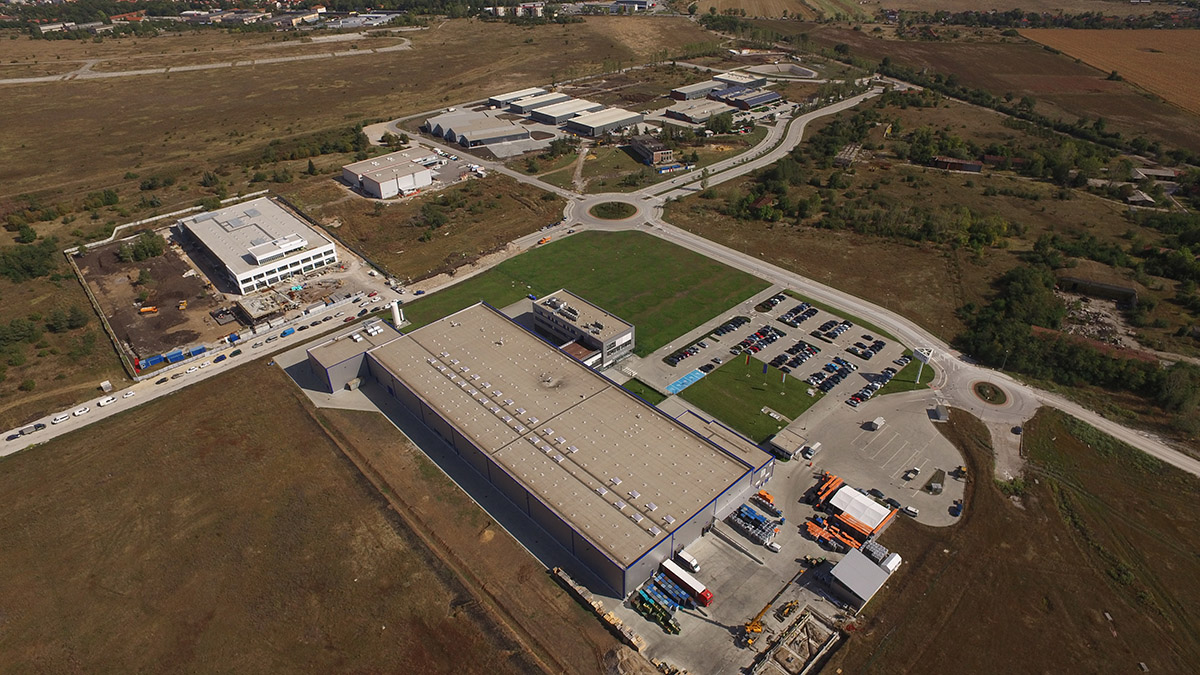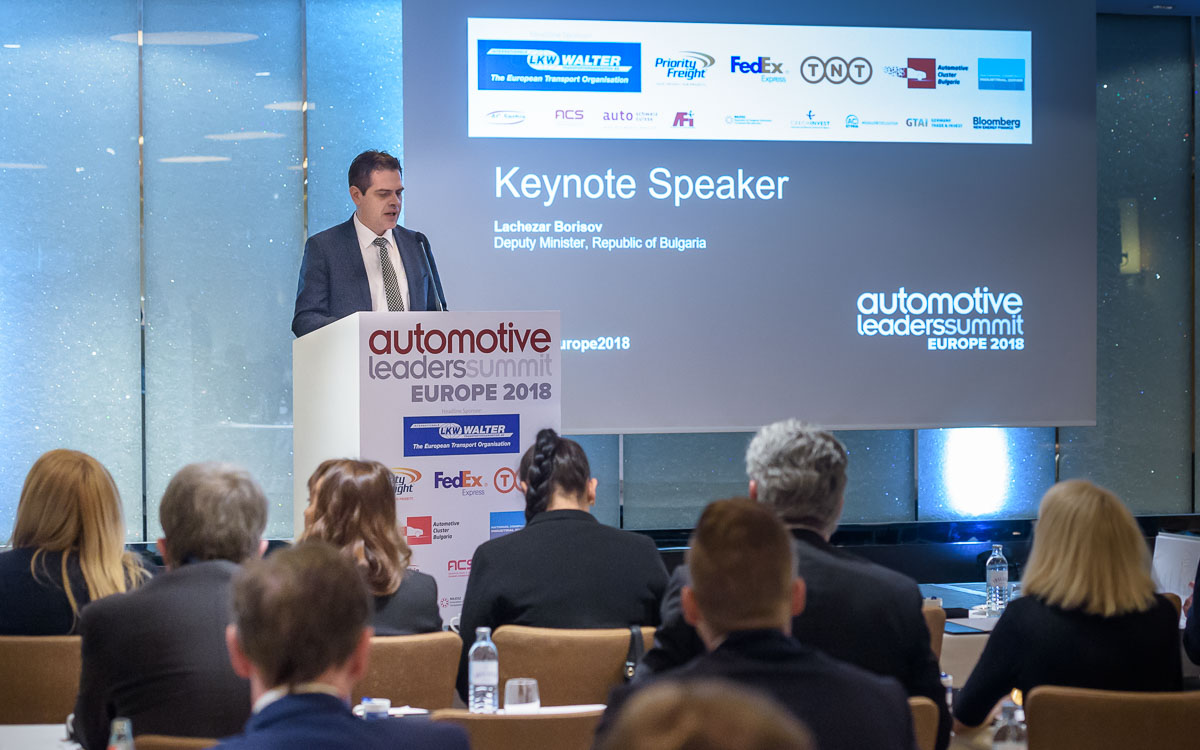The industrial zones in Bulgaria were presented in front of the “elite” of the car industry

The Bulgarian public industrial zones were offered as a business opportunity to some leading representatives from the car industry in Europe. The executive director of NCIZ Antoaneta Bares participated in the second edition of the Automotive Leaders Summit Europe that took part on 13th and 14th March in Vien.
Managers working in some of the biggest companies in the car industry attended the forum, which was hosted by NCIZ and Automotive Cluster Bulgaria. Some of the latest news such as Brexit, Industry 4.0 and the new logistic technology and the so-called ’’smart’’ infrastructure were discussed on the event. The participants in the meetings of the leaders spoke their minds about the fact that Bulgaria’s effort to fasten its position as a key player in the car industry, especially in the manufacturing process of different kits.
At the grand opening of the forum, the Vice- minister of Economy Luchezar Borisov presented the main opportunities and challenges, which define the future development of the sector: the positive dynamics of the global economy, the risk of protective measures, imposed by third parties, as well as the expansion of the technologies supplying information.
Private meetings with some leading companies took place during the event as well. Particular opportunities for business and investments in Bulgaria were also discussed. Some separate meetings between the Bulgarian delegation with LKW Walter and Robert Bosch AG were held, as the main focus was on the potential of Bulgaria in the field of logistics and transport and in the construction of R&D centres for the car industry.
During the meeting, LKW clarified that they have plans for building new intermodal terminals for transport in Bulgaria and that they are working on such a project for that kind of transportation in Vidin. If their plans are successful, they will continue their work also in Sofia and Svilengrad. The executive director of NCIZ Antoaneta Bares offered certain methods for building those intermodal terminals on suitable pieces of land in the Economic Zone Sofia-Bozhurishte and in Svilengrad Free Zone. She gave further explanation that the building of that kind of terminals on the territory of the industrial zones or near them will be extremely suitable, because of the access to various suppliers from the car industry. In the public industrial zones manufacturers from all over the world whose business is connected with the car industry are already operating or about to begin their work soon. New logistic projects- that means that there are real customers which will be using the future intermodal terminals, have been already launched. What could be said about Svilengrad Free Zone is the fact that it has an attractive location-suited near the national boundary of our country with Greece and Turkey. LKW Walter is going to send their own group that will visit Bulgaria with working purposes, so that the firm will be informed about all of the available options for building those intermodal terminals.
On the event it was discussed that what really matters for the development of the logistic sector, concerning the online trade and the use of new models of operation, is digitalization. Th development of technology defines the use of electric cars and autonomous transport means. What draws the attention of the other countries during the Bulgarian presidency of the Council of the European Union were the initiatives undertaken by our country regarding the strategy for united industrial policy of the Council.
The car industry without any doubt is part of that strategy. Around 170 companies, manufacturing systems and kits for some of the main car manufacturers are generating 4% of the GDP and over 40 000 people have been hired. All of the projects are certified by the Statute for Encouragement of Investments. Those projects amount to 80 million leva and have made near 13 000 work positions available.
